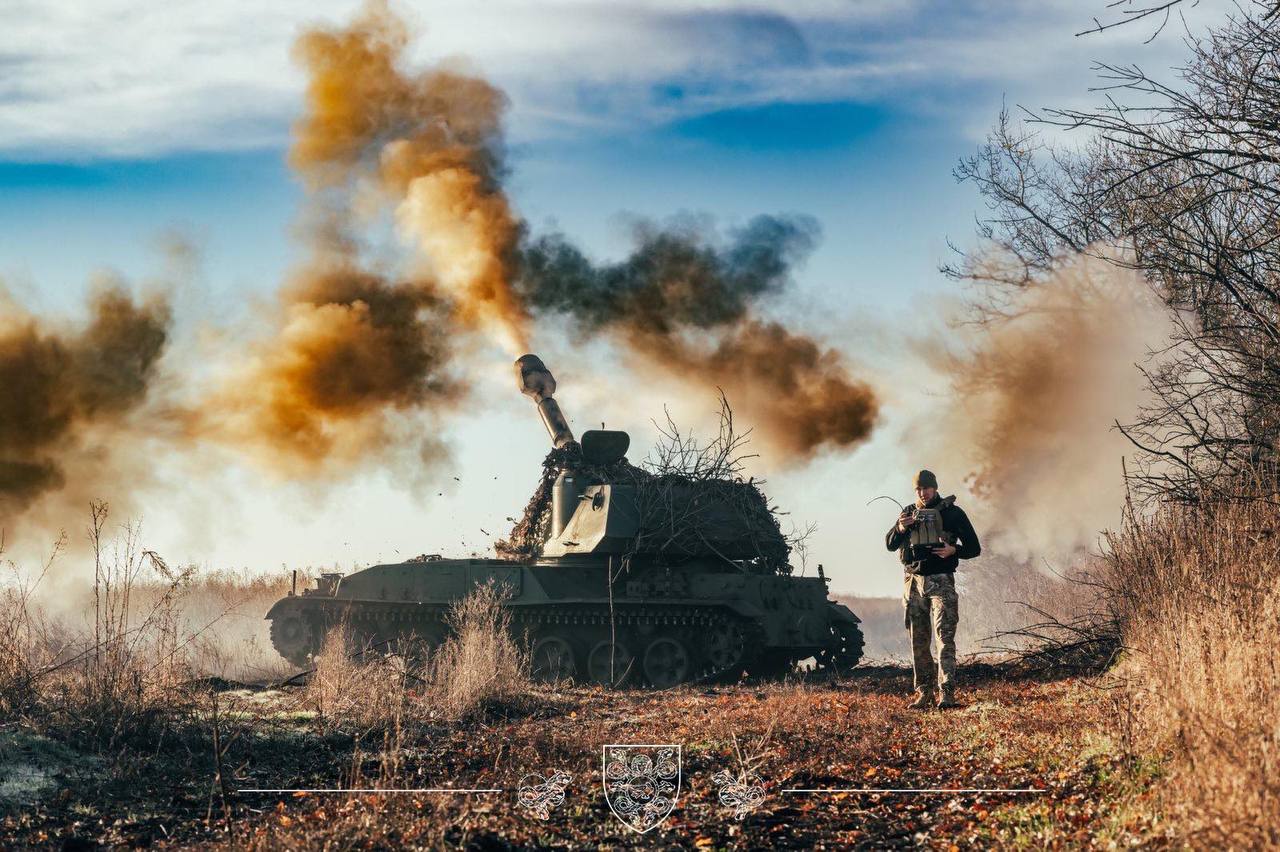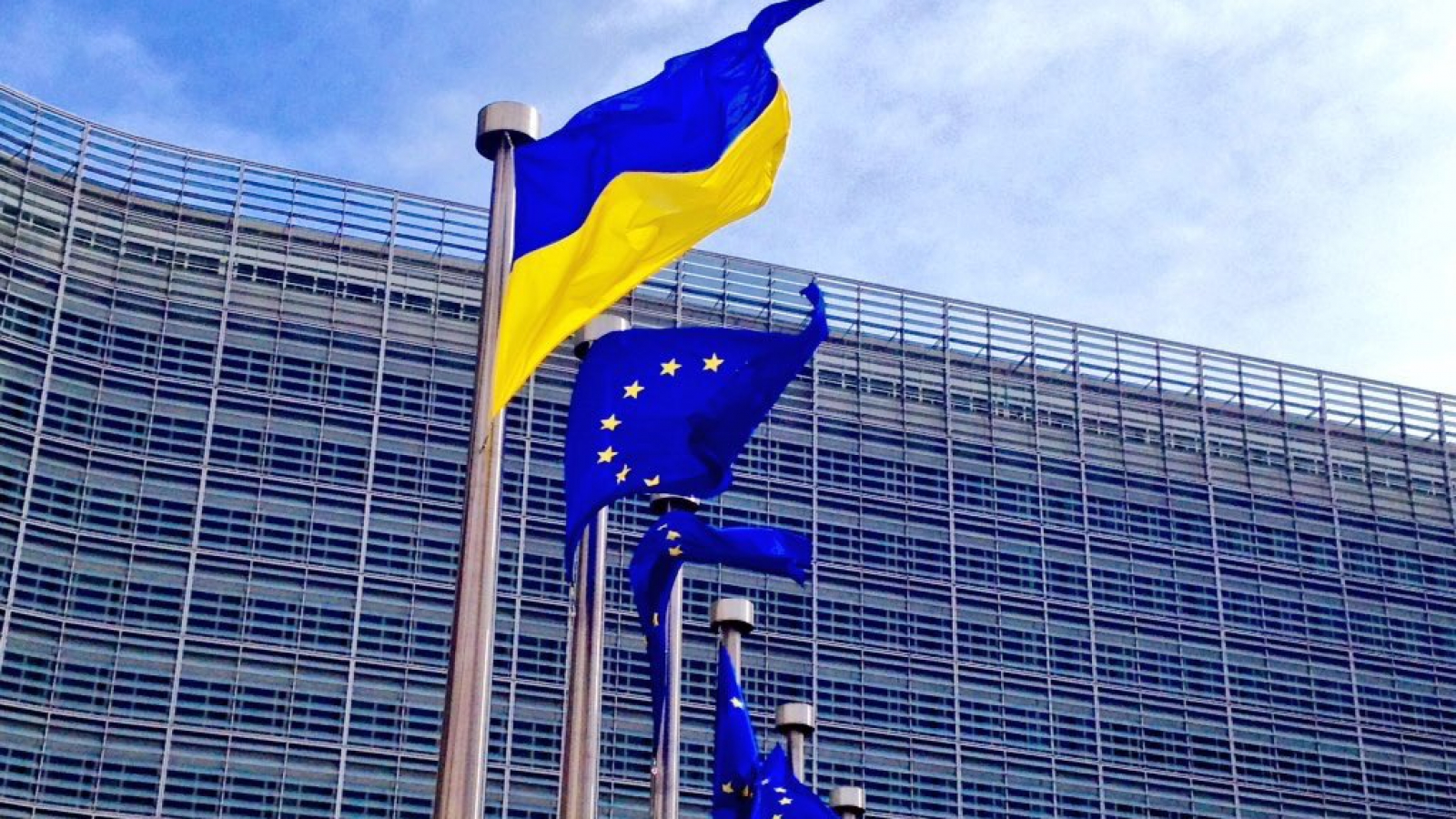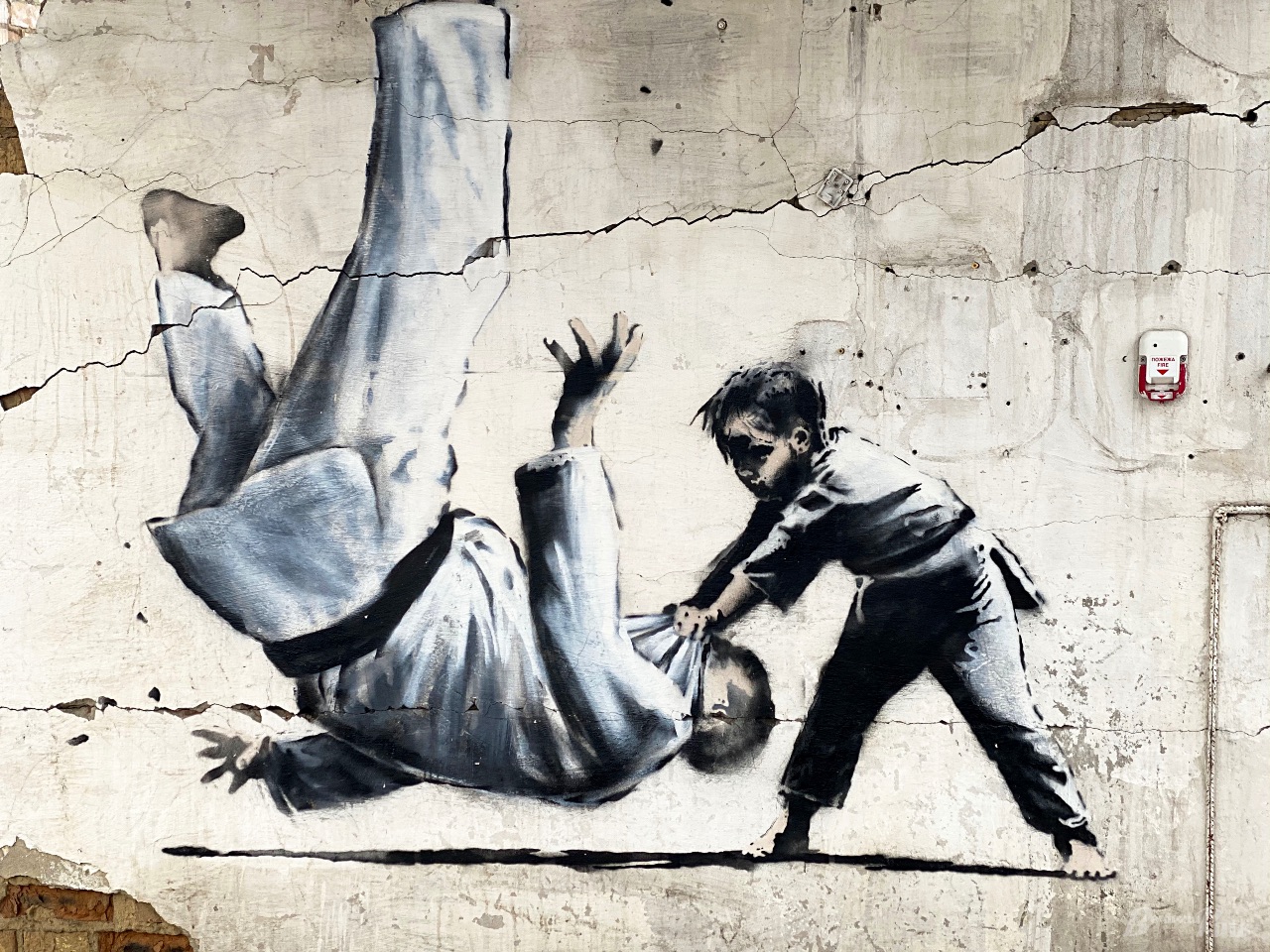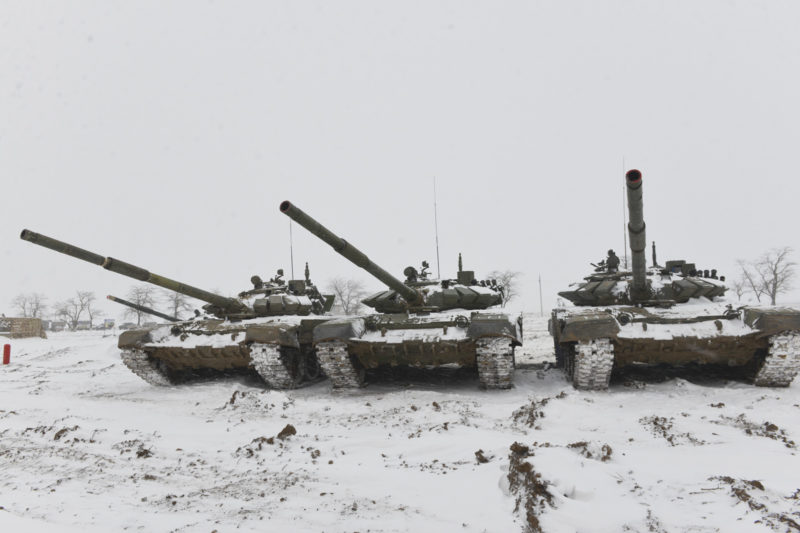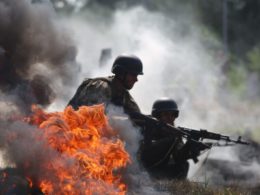Article by: Pavel K.Baev
Source: Jamestown Foundation
Stalemate is presently used most often to describe the current state of Russia’s war against Ukraine these days. Fighting along the frontlines, however, is quite fluid and may be approaching a major turn. President Vladimir Putin remains defiantly confident that Russian forces are making steady progress. He made his first trip in the new year to the Far East to boast of those successes and advertise the economic achievements of the region, which remains chronically depressed. His inspection of a greenhouse in Chukotka hardly reassured many families in the Moscow region suffering from extreme cold without access to heating and electricity. Last winter, one of Putin’s favorite tropes was that the deep freeze in Europe had been caused by the continent’s discontinued consumption of Russian gas supplies. This winter, he has avoided
the subject as Europe has adjusted to the new realities of war while many Russian cities continue to be adversely affected. Moscow’s struggle with providing adequate heating and electricity for its population points to Putin’s increasingly dubious attempts to pretend that his war is not coming home to ordinary Russians and disrupting their everyday lives.
Putin’s central message at the beginning of 2024 has been that Russia firmly holds the initiative on the battlefield and that time, therefore, is working in Moscow’s favor. The Kremlin leader can barely hide the contradiction in his messaging. Were time indeed on Russia’s side, the self-defeating attacks on Avdiivka to prove that the initiative belongs to Russia would not have been necessary. In addition, the series of missile strikes to start the new year have had limited effectiveness in proving Russia’s air superiority, as most missiles were intercepted, and nothing of military or economic significance was hit. Ukrainian strikes are much smaller in size but seem to better at targeting critical infrastructure, as the explosions at the Saky airbase in Crimea showed yet again on 6 January.
Ukrainian President Volodymyr Zelenskyy’s main goal is presently to ensure a profound shift in the wider strategic picture of the “long war.” His recent visit to Lithuania
, Latvia, and Estonia focused on consolidating the broad North European coalition, which began taking shape during his mid-December visit to Oslo and talks with five Baltic-Nordic prime ministers. Zelenskyy’s meeting in Kyiv with British Prime Minister Rishi Sunak solidified that the United Kingdom is ready to take more of a lead in this coalition and commit long-term military aid, amounting to 2.5 billion pounds ($3.16 billion) in 2024–25, and comprehensive security cooperation to Ukraine.
Zelenskyy will address a panel of the World Economic Forum at Davos and preside over a special session on his “peace formula.”. Discussions on his propositions for rehabilitating the European security system after Ukraine’s territorial integrity is restored may appear premature, and the Kremlin holds the firm position that it makes no sense to talk about peace without Russia. In reality, a comprehensive plan is sorely needed for rebuilding Ukraine and preventing future wars in Europe. It would be fruitless to negotiate a peace with Moscow that would respect Ukraine’s territorial integrity.
A basic reality check for the discussions at Davos is the fast-approaching shift in the balance of power to be determined by three key changes. First, the European Union’s decision on additional aid for Ukraine, worth 50 billion euros ($54.43 billion), remains pending
. The Nordic-Baltic coalition has been working on consolidating collective support for this decision, seeking particularly to re-energize Germany, where the government struggles to chart a course satisfactory for the country’s three main political parties. The Brussels bureaucracy is not known for its expediency, but it excels at designing compromises—something that is desperately needed to end Hungarian President Viktor Orbán’s veto. Another key issue is maintaining investment for the increased production of artillery shells. Delays remain, but the process has gained momentum in recent weeks.
Second, the US House of Representatives must still vote on a complex aid package that would include $61.4 billion in military support for Ukraine. The recent compromise on setting the US government spending level for the 2024 fiscal year and avoiding a government shutdown has been a welcome development, though significant resistance remains on more aid to Ukraine. Zelenskyy discovered during his visit to Washington at the end of last year that his powers of persuasion can only go so far in influencing the course of partisan quarrels in the US Congress.
Third, more time may be needed in channeling frozen Russian financial assets, estimated at $300 billion, to support and reconstruct Ukraine. The Group of Seven froze these funds at the onset of the full-scale invasion in 2022. Moscow has grown increasingly nervous that the United States will proceed with the confiscation and repurpose the funds for Ukraine’s use. Only a fraction of these assets, however, are under US jurisdiction, while most of the money is in various European banks. It will be up to the European Union to decide whether to use these funds, perhaps after the European Parliament elections scheduled to be held from June 6 to 9.
Putin’s strategy for prevailing in the long war of attrition is premised entirely on the breakdown of Western support for Ukraine. Every voice advocating for a reduction in funding is highlighted by the Kremlin and amplified by Russian propaganda. Moscow likely takes this approach to hide the reality that the Russian economy is under severe stress and that the military-industrial is operating at maximum capacity. The West, uninhibited by sanctions, can expand its engagement without putting a great burden on its many powerful economies. Each of Putin’s strategic designs for crushing Ukraine has failed, and it is highly probable that, as the war nears its three-year mark, the Kremlin will miscalculate the degree of Western fatigue and discord. Ukrainian resilience and Western determination make a winning combination. Putin’s “echo chamber” makes it difficult to assess these sources of strength accurately, and that is setting himself up for a shocking turn in Russia’s fortunes at home and on the battlefield.

